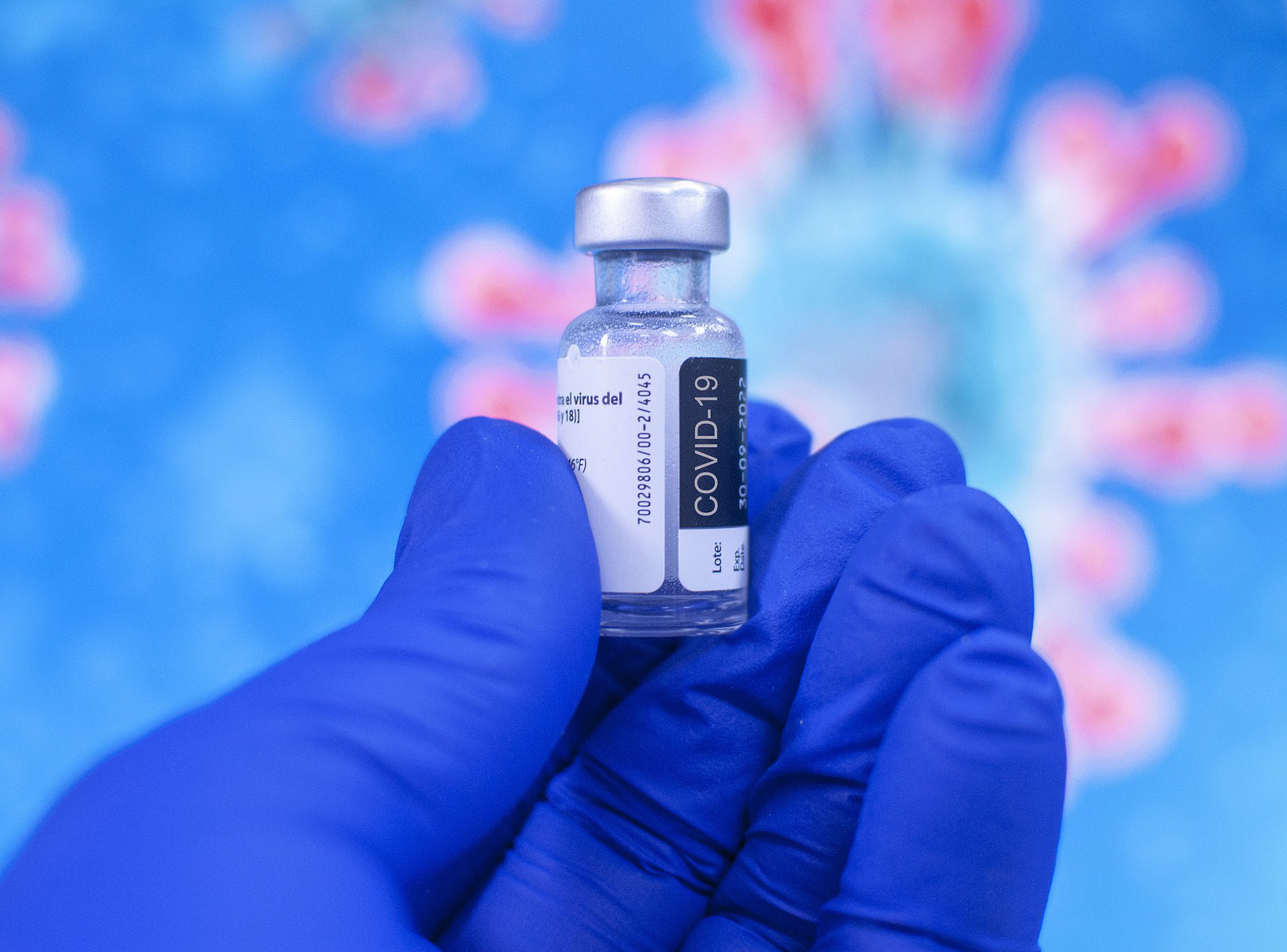 As we work our way to the goal of 80% vaccination rate, the prospect of a booster COVID-19 jab is closer to becoming a reality.
As we work our way to the goal of 80% vaccination rate, the prospect of a booster COVID-19 jab is closer to becoming a reality.
Earlier this month the Department of Health announced that COVID-19 booster shots (a third jab) would be available for Australians who are severely immunocompromised. The announcement comes in the middle of national efforts to get everyone fully vaccinated with two doses of the currently available COVID-19 vaccines.
According to the Australian Technical Advisory Group on Immunisation (ATAGI), the plan is to offer a third dose for people who, due to their medical condition, need to improve their level of immune response to the COVID-19 virus.
Chief Health Officer Dr Paul Kelly says the plan is sound and is based on current evidence. “We know that vaccines work by stimulating the immune system to produce antibodies against COVID, it’s the same for all vaccines, that is how they work and unfortunately some people that have immune systems that don’t work as well as the general population, those vaccines may not lead to that protection,” Dr Kelly said in a news release.
“And so the evidence is now clear that people in those categories of being immune compromised should receive a third dose, that should happen at a period after the second dose, between two to six months,” he added.
Currently, there are about 500,000 people who are severely immunocompromised in Australia, who may need a third dose of the COVID-19 vaccine.
The current recommendation for a booster shot applies to all Australians over the age of 12 years, who suffer from certain conditions, or are receiving certain therapies. The exact guidelines published by ATAGI are:
- “Active haematological malignancy
- Solid organ transplant with immunosuppressive therapy
- Immunosuppressive therapies including:
- High dose corticosteroid treatment equivalent to >20mg/day of prednisone for ≥14 days in a month, or pulse corticosteroid therapy.
- Multiple immunosuppressants where the cumulative effect is considered to be severely immunosuppressive.
- Selected conventional synthetic disease-modifying anti-rheumatic drugs
- Biologic and targeted therapies anticipated to reduce the immune response to COVID-19 vaccine:
- Primary immunodeficiency including combined immunodeficiency and syndromes, major antibody deficiency (e.g., common variable immune deficiency (CVID) or agammaglobulinemia), defects of innate immunity (including phagocytic cells), defects of immune regulation, complement deficiencies and phenocopies of primary immunodeficiencies.
- Advanced or untreated HIV with CD4 counts <250/μL or those with a higher CD4 count unable to be established on effective antiretroviral therapy
- Long term haemodialysis or peritoneal dialysis”.
GPs are encouraged to read the full details of these recommendations at the ATAGI website.
A pressing question is whether the general population will also get a booster shot anytime soon. The question is still on the table, but a formal recommendation from ATAGI is still pending. But, according to Federal Health Minister Greg Hunt, Australia is ready to give booster shots to anyone wanting one, once they are approved.
“We have over 150 million vaccines that are secured for the future, so we’re able to implement that on the time frame and with the urgency and immediacy that is suggested by ATAGI, if and when they provide that,” Mr Hunt said in a news release. The vaccines available include Pfizer, Moderna and Novavax.

